Nestled in southeastern Kenya, Tsavo National Park is one of Africa’s largest and most diverse wildlife sanctuaries.
💡 Did You Know?
🗺️ The name “Tsavo” is derived from the Tsavo River, which flows through the region. In the language of the local Taita people, “Tsavo” is believed to mean “slaughter”—a reference to historic tribal battles that once raged in this area. This powerful name reflects the dramatic and storied past of one of Kenya’s most iconic landscapes.
Today, however, Tsavo symbolizes the raw, untamed beauty of African wilderness and stands as a testament to Kenya’s commitment to conservation. This guide explores the rich history, abundant wildlife, cultural depth, and essential travel tips for experiencing Tsavo National Park at its best.
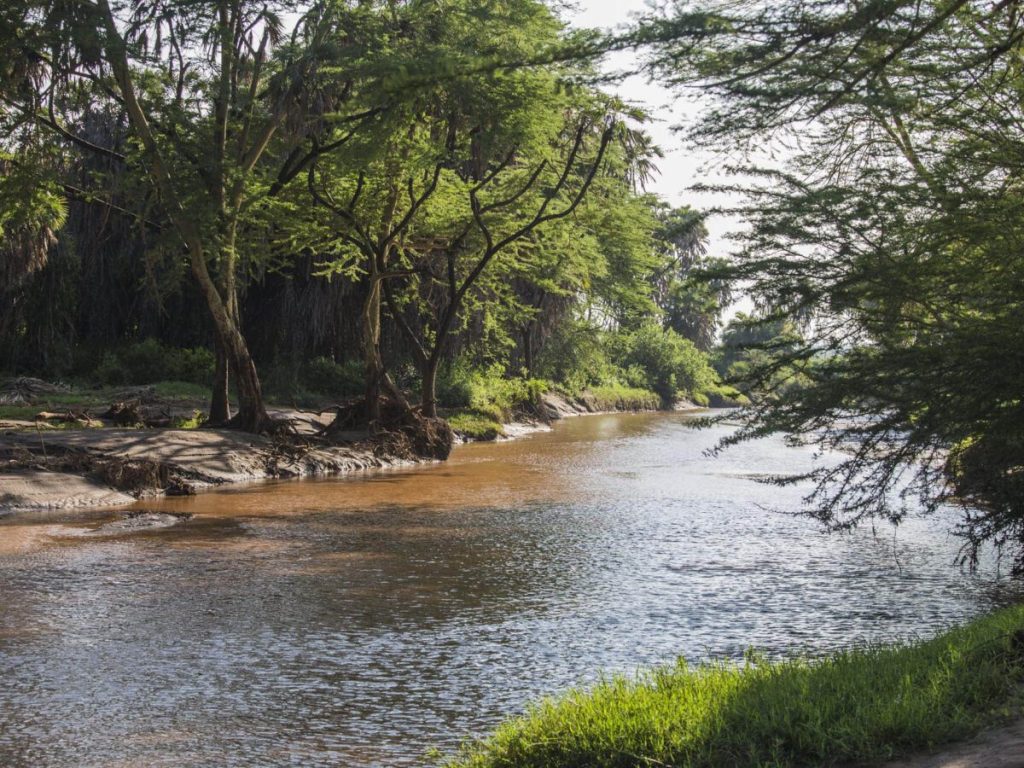
🔺 1. A Brief History of Tsavo National Park
Established in 1948, Tsavo National Park was split into two distinct parks: Tsavo East and Tsavo West. Covering a combined area of over 22,000 square kilometers, it’s one of the largest protected areas in the world. Tsavo East is characterized by its vast open plains and the Galana River, while Tsavo West is more mountainous and lush, featuring springs and volcanic landscapes.
One of the park’s most infamous historical events is the story of the “Man-Eaters of Tsavo.” In 1898, during the construction of the Kenya-Uganda Railway, two lions terrorized railway workers, reportedly killing dozens. Their legend was immortalized in books and films, most notably in John Henry Patterson’s 1907 memoir, The Man-Eaters of Tsavo, and the 1996 Hollywood film The Ghost and the Darkness, symbolizing the untamed danger of the African wilderness. Today, the park is a safe and structured environment where wildlife thrives and visitors can explore in comfort.
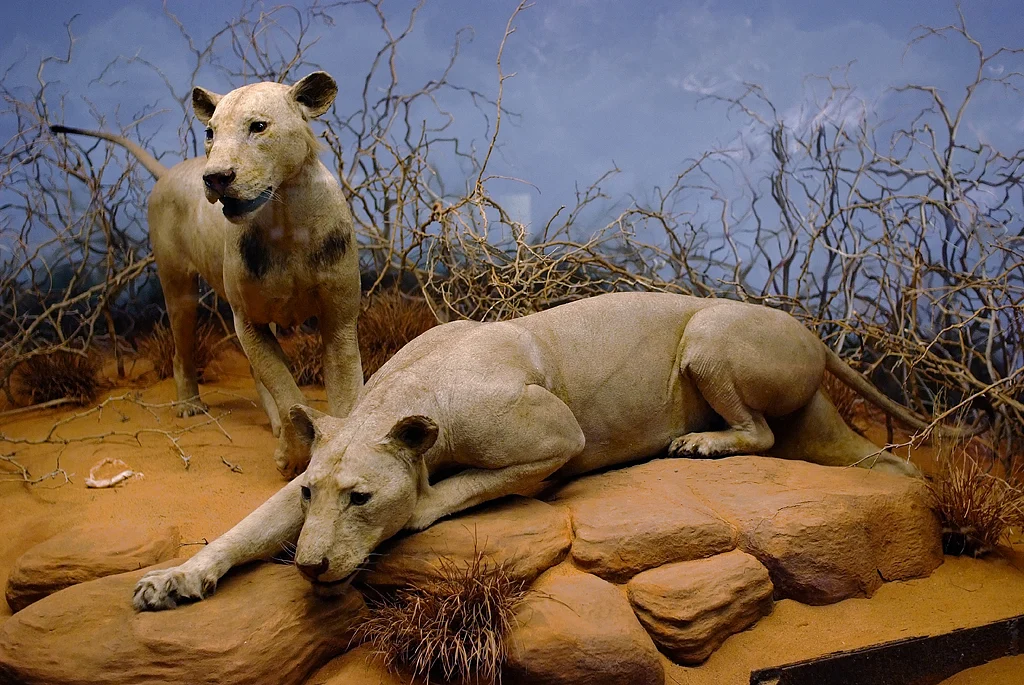
🐾 2. Incredible Wildlife of Tsavo
Tsavo is a wildlife enthusiast’s paradise. The park is home to the iconic Big Five: elephants, lions, leopards, buffalo, and rhinos. Tsavo’s elephants are particularly unique — their red hue comes from dust-bathing in the region’s iron-rich soil. Lions in Tsavo are known for their short manes and stealthy hunting tactics.
In addition to the Big Five, the park supports diverse species like giraffes, zebras, hippos, crocodiles, and various antelope. Birdwatchers will be thrilled with over 500 recorded bird species, including kingfishers, hornbills, secretary birds, and rare migratory species. Notable landscapes like Mzima Springs and the Yatta Plateau provide essential water sources and geological wonder.
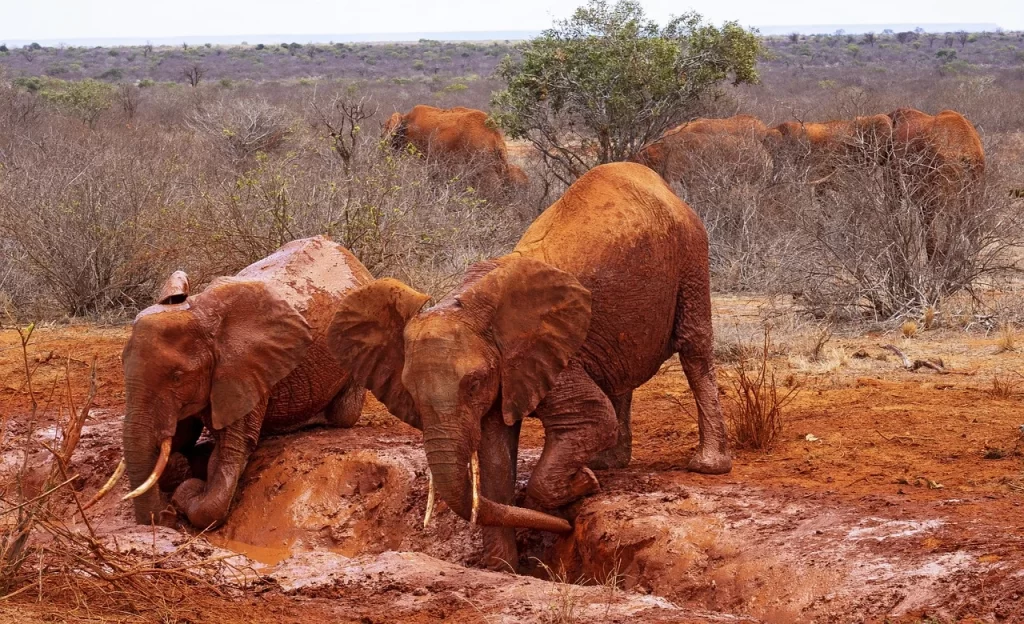
💡 Did You Know? Tsavo’s red elephants aren’t a different species — they appear red from constantly dust-bathing in the park’s iron-rich soil.
💼 3. Cultural Immersion in Tsavo
Beyond wildlife, Tsavo offers meaningful cultural experiences with the Taita and Kamba communities. These indigenous groups have lived in harmony with the land for generations. Visitors can engage in village tours, learn traditional dances, and hear stories passed down through generations.
Local guides often provide deeper insight into the cultural significance of the land, flora, and fauna. Purchasing locally made crafts or participating in community-run projects helps support sustainable tourism and preserves cultural heritage.
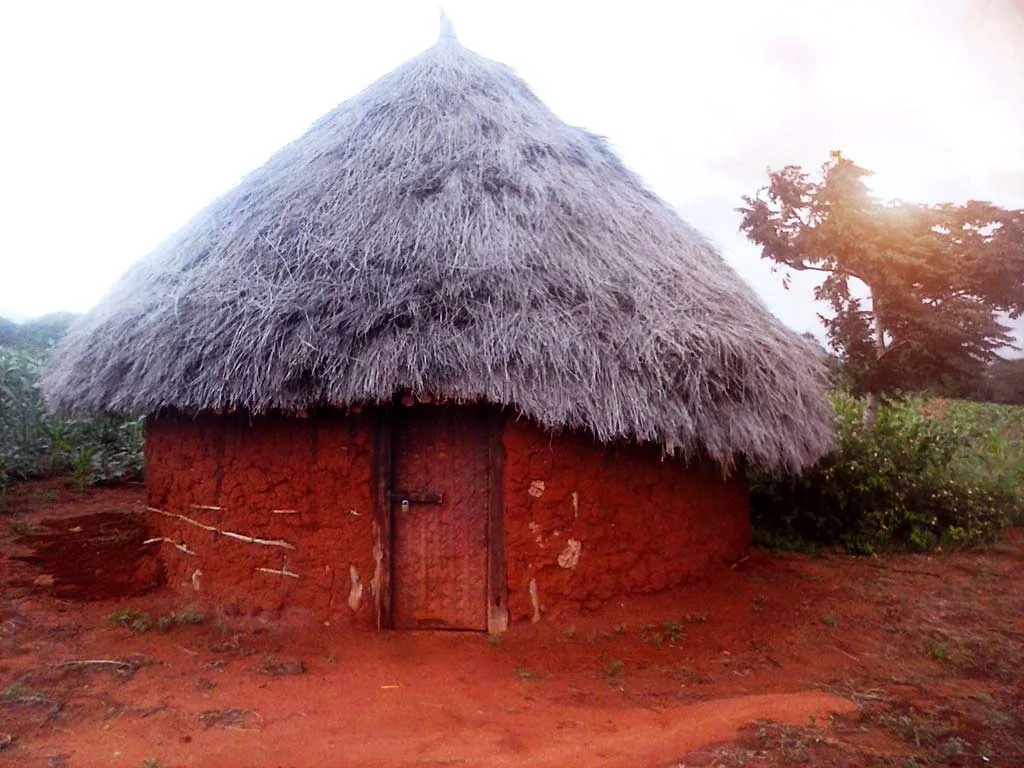
🌍 4. Top Things to Do in Tsavo National Park
There’s no shortage of activities to keep visitors engaged:
- 🏍️ Game Drives: Experience thrilling morning or sunset safaris, either guided or self-driven.
- 🚶 Walking Safaris: Available in Tsavo West with armed rangers, offering close encounters with nature.
- 🌳 Visit Mzima Springs: A lush oasis fed by underground water from Kilimanjaro, home to hippos and crocodiles.
- ⚡ Explore Shetani Lava Flow: A vast black lava field formed by volcanic eruptions, offering surreal landscapes.
- 🌊 Lugard Falls and Aruba Dam: Ideal spots for scenic views, bird watching, and photography.
These activities cater to both adventure seekers and leisure travelers.
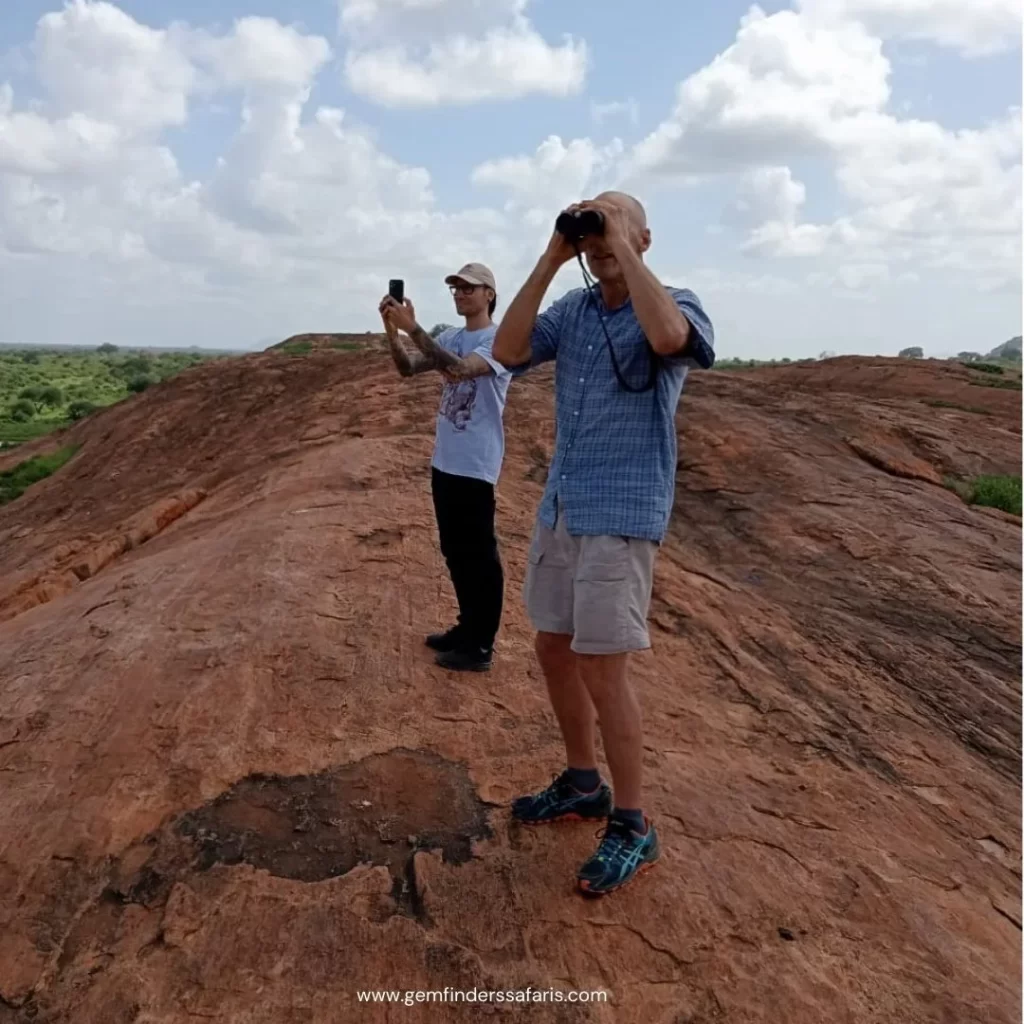
🌿 5. Sustainable Travel in Tsavo
Sustainability is at the heart of modern tourism in Tsavo. Several eco-lodges and community-run conservancies ensure that wildlife conservation efforts benefit both animals and local people.
Travelers are encouraged to:
- 🏨 Choose accommodations with eco-certification.
- 🤔 Limit plastic use and dispose of waste properly.
- 🐽 Respect wildlife by maintaining safe distances.
- 🌾 Support local artisans and businesses.
By traveling responsibly, visitors help protect Tsavo’s fragile ecosystems and empower local communities.
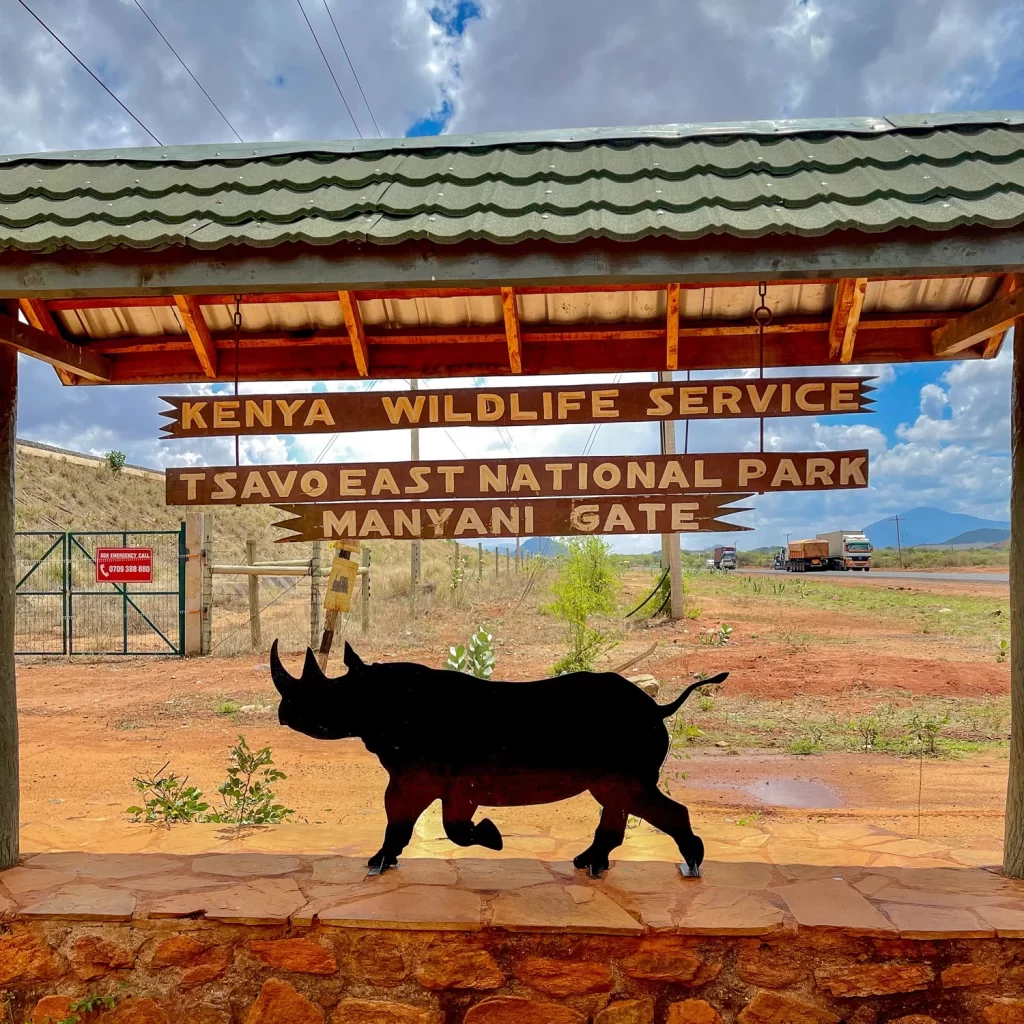
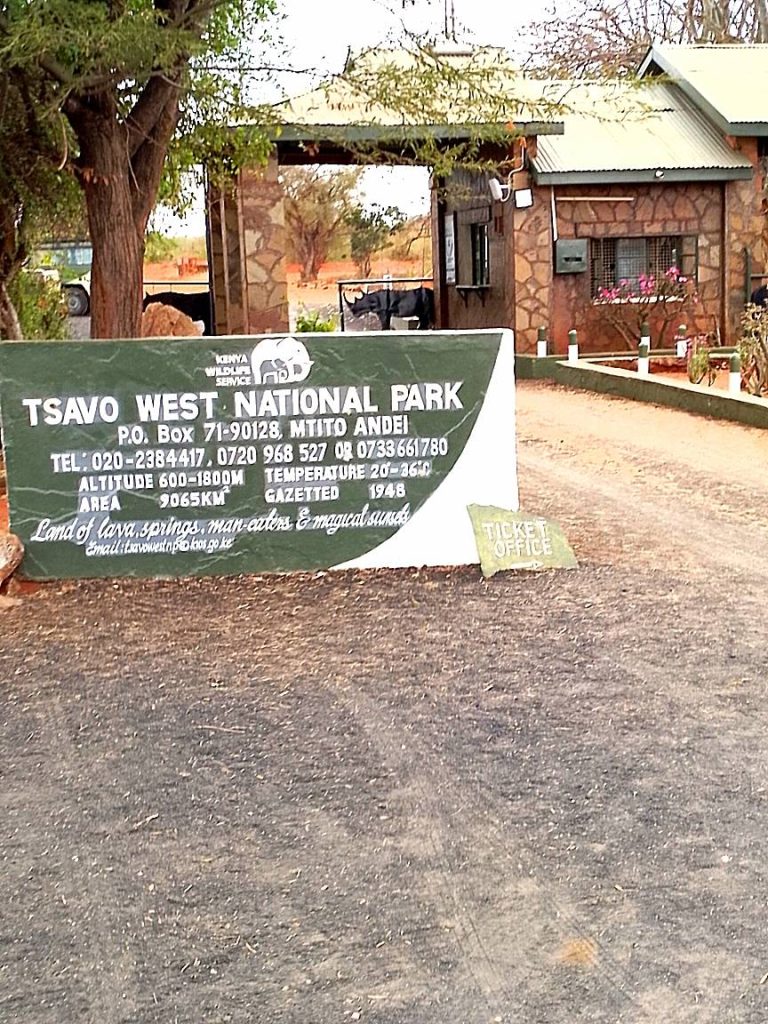
🏡 6. Where to Stay in and Around Tsavo
Tsavo offers a range of accommodations:
- 🏨 Luxury Lodges: Finch Hattons, Kilaguni Serena Safari Lodge — perfect for high-end comfort and excellent wildlife views.
- 🎭 Mid-range Camps: Man Eaters Lodge, Satao Camp, Voi Safari Lodge — great for a balance of comfort and adventure.
- ⛺ Budget & Campsites: Public and private camping areas are available for backpackers and self-drive tourists.
Most accommodations offer full-board packages, game drives, and knowledgeable guides. Booking in advance, especially during peak seasons (June–October and December–February), is highly recommended.
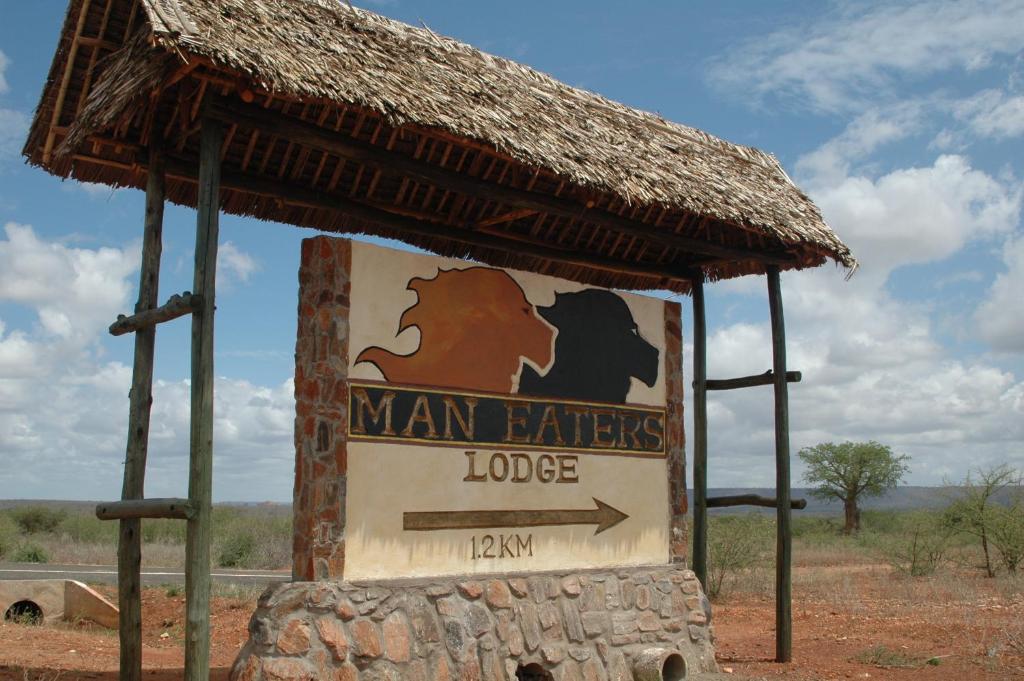
✨ 7. Pro Tips for Visiting Tsavo National Park
- ☀️ Best Time to Visit: The dry seasons (June to October and January to February) offer optimal wildlife visibility.
- 🚗 Getting There: Easily accessible by road or train from Nairobi and Mombasa. Airstrips are available for fly-in safaris.
- 🌎 What to Pack: Neutral clothing, insect repellent, binoculars, sunscreen, and a good camera.
- 📅 Park Fees: Check the Kenya Wildlife Service (KWS) website for current rates and regulations.
- ⛨️ Health & Safety: Malaria prophylaxis is recommended. Always follow guide instructions and park rules.
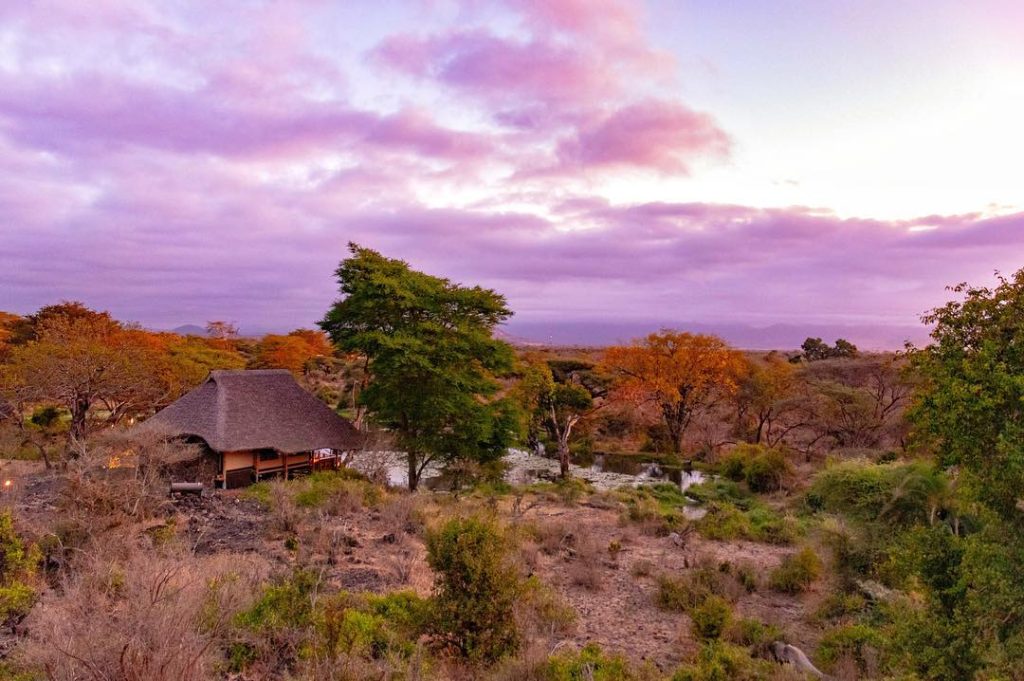
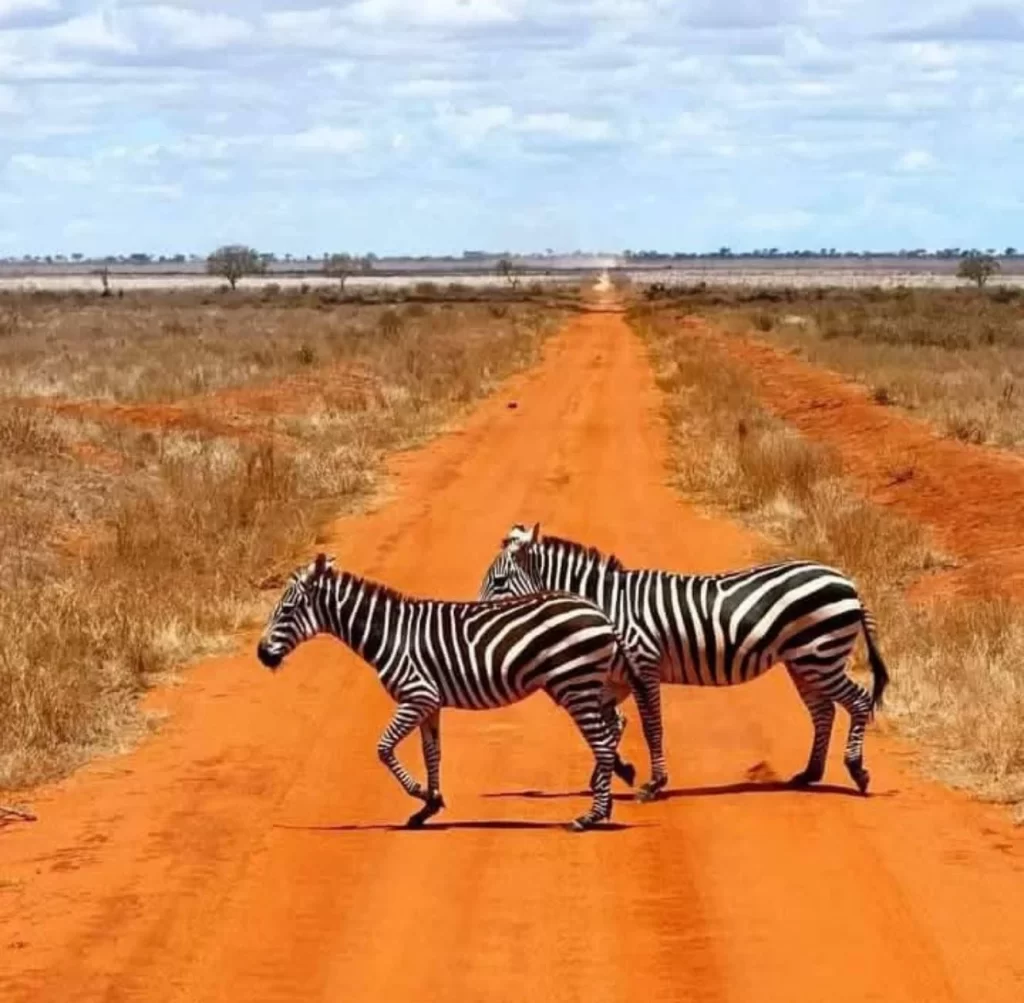
🌟 Conclusion: Discover Tsavo with Gemfinders Safaris
From its legendary history to its breathtaking wildlife and rich culture, Tsavo National Park is a destination that leaves a lasting impression. Whether you’re watching red elephants bathe in dust, listening to the stories of local elders, or marveling at volcanic landscapes, Tsavo offers an authentic African adventure like no other.
At Gemfinders Safaris, we specialize in curated experiences to Tsavo and beyond. Our safari packages are fairly priced, led by some of the best guides in the industry, and supported by outstanding customer service. Whether you’re a first-time visitor or a seasoned explorer, we ensure your journey is seamless, safe, and unforgettable.
🌟 Join us for the adventure of a lifetime. Explore Tsavo — the Gem of Kenya — with Gemfinders Safaris.


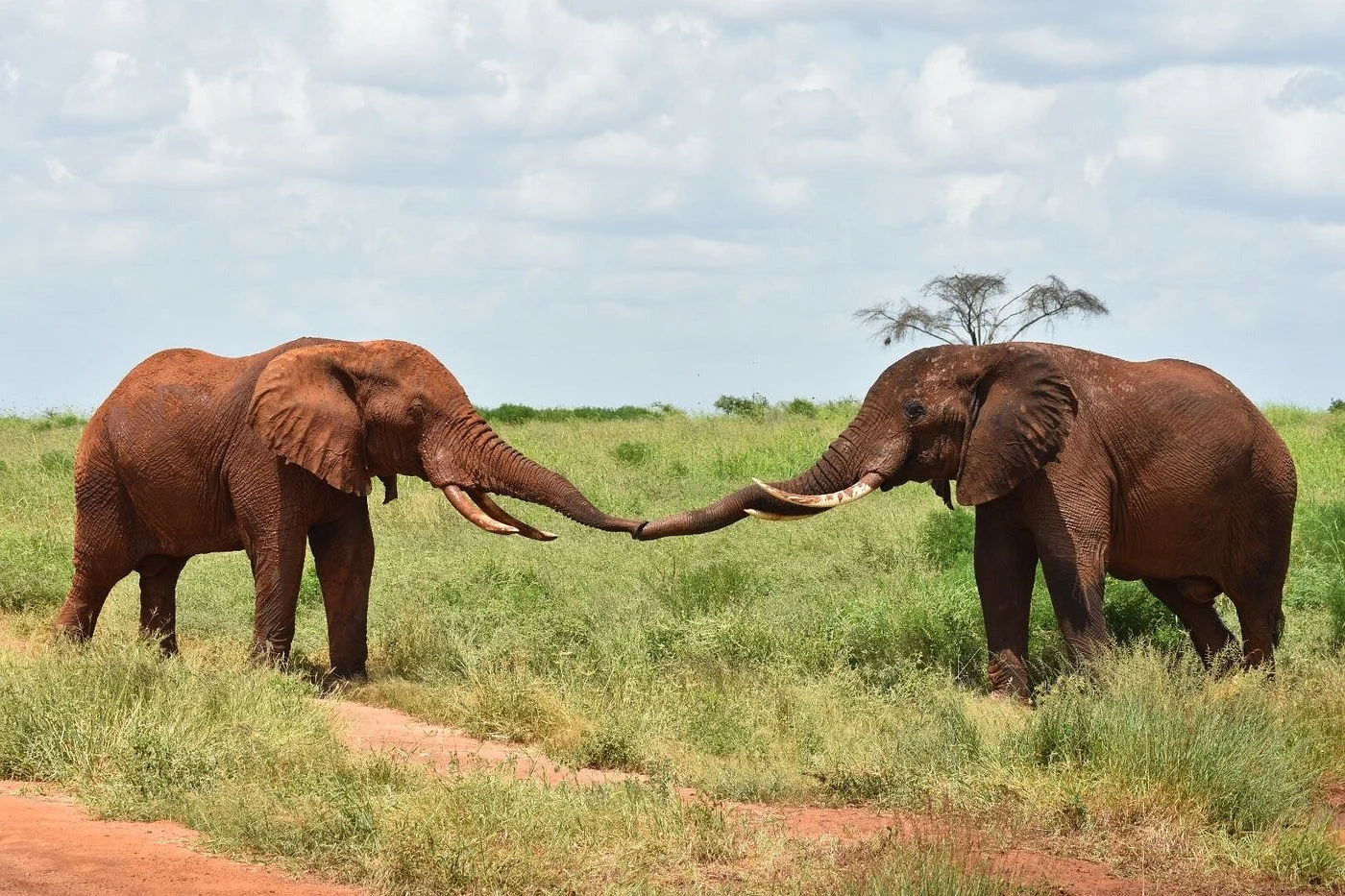



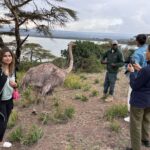
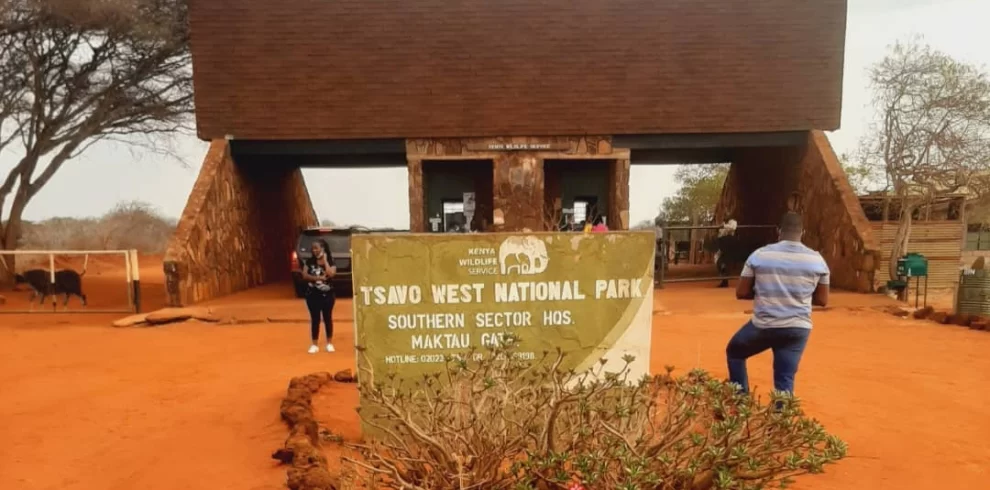
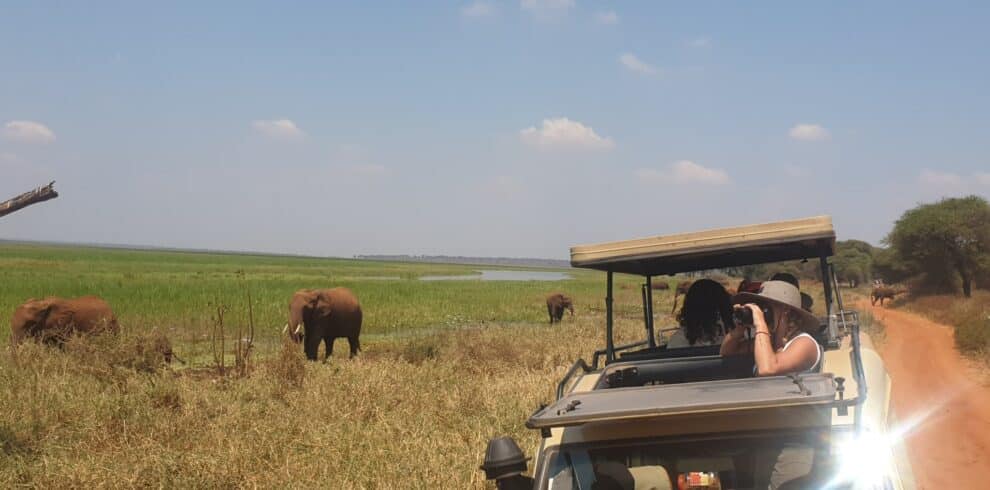
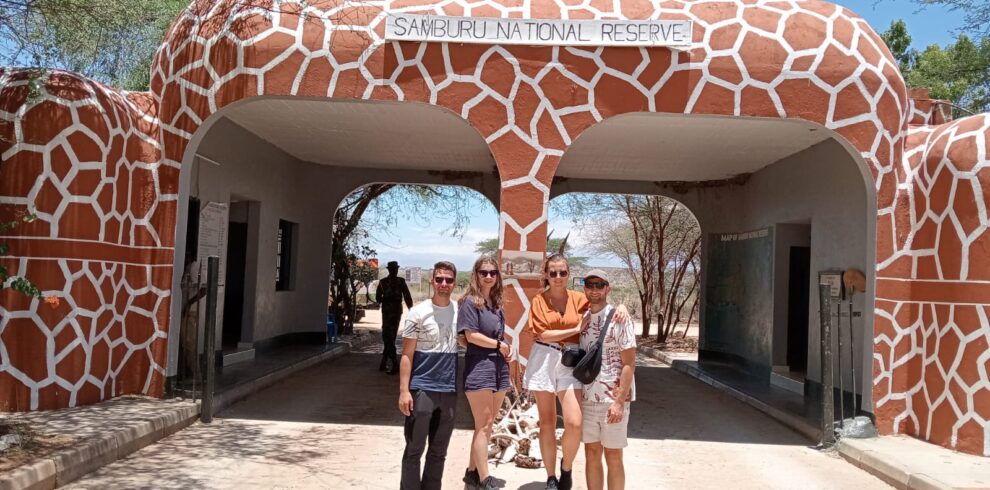
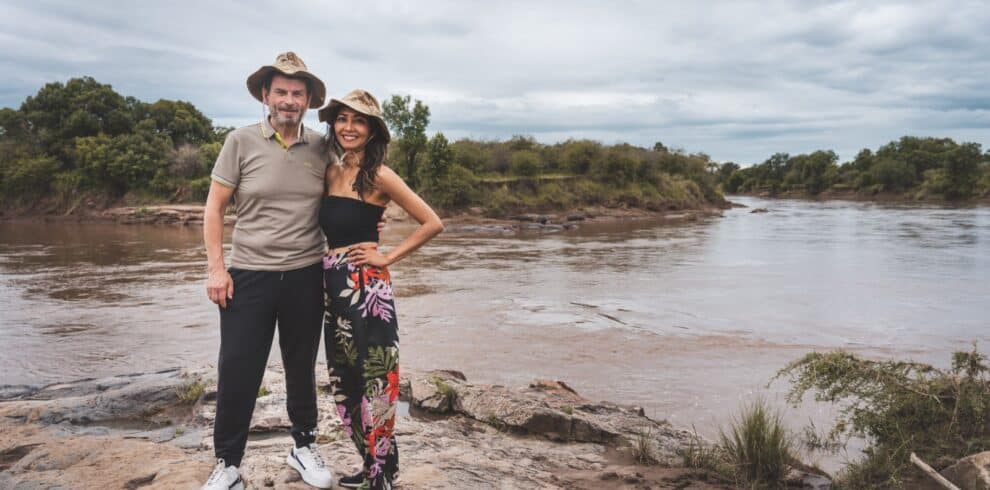
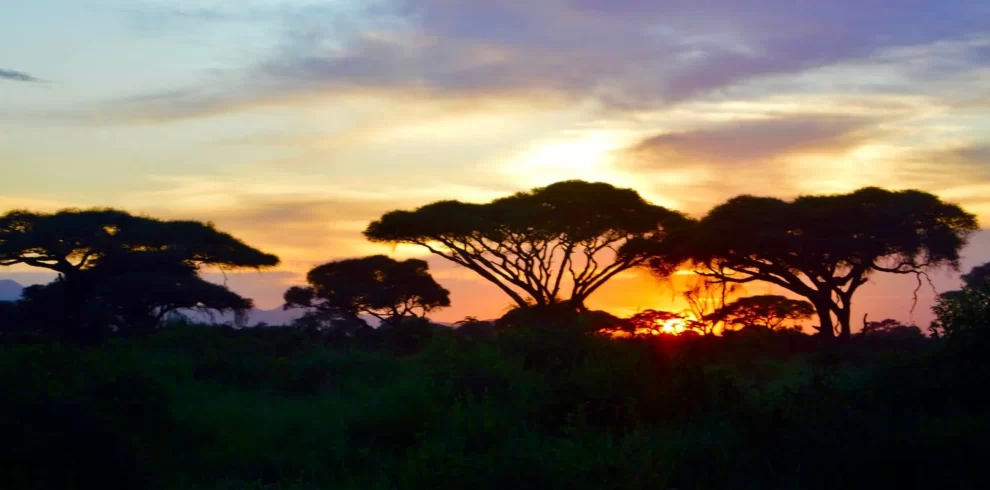
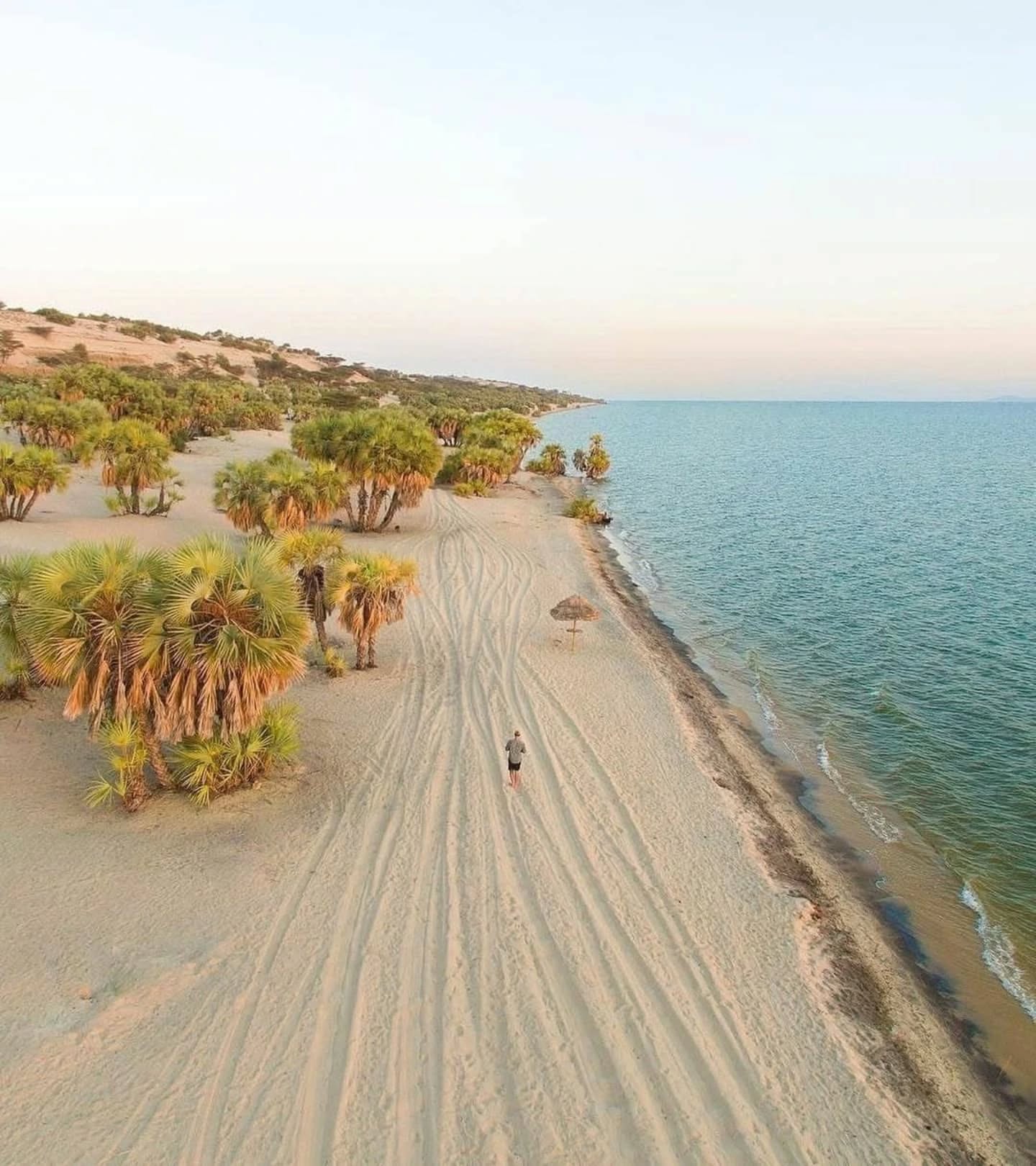
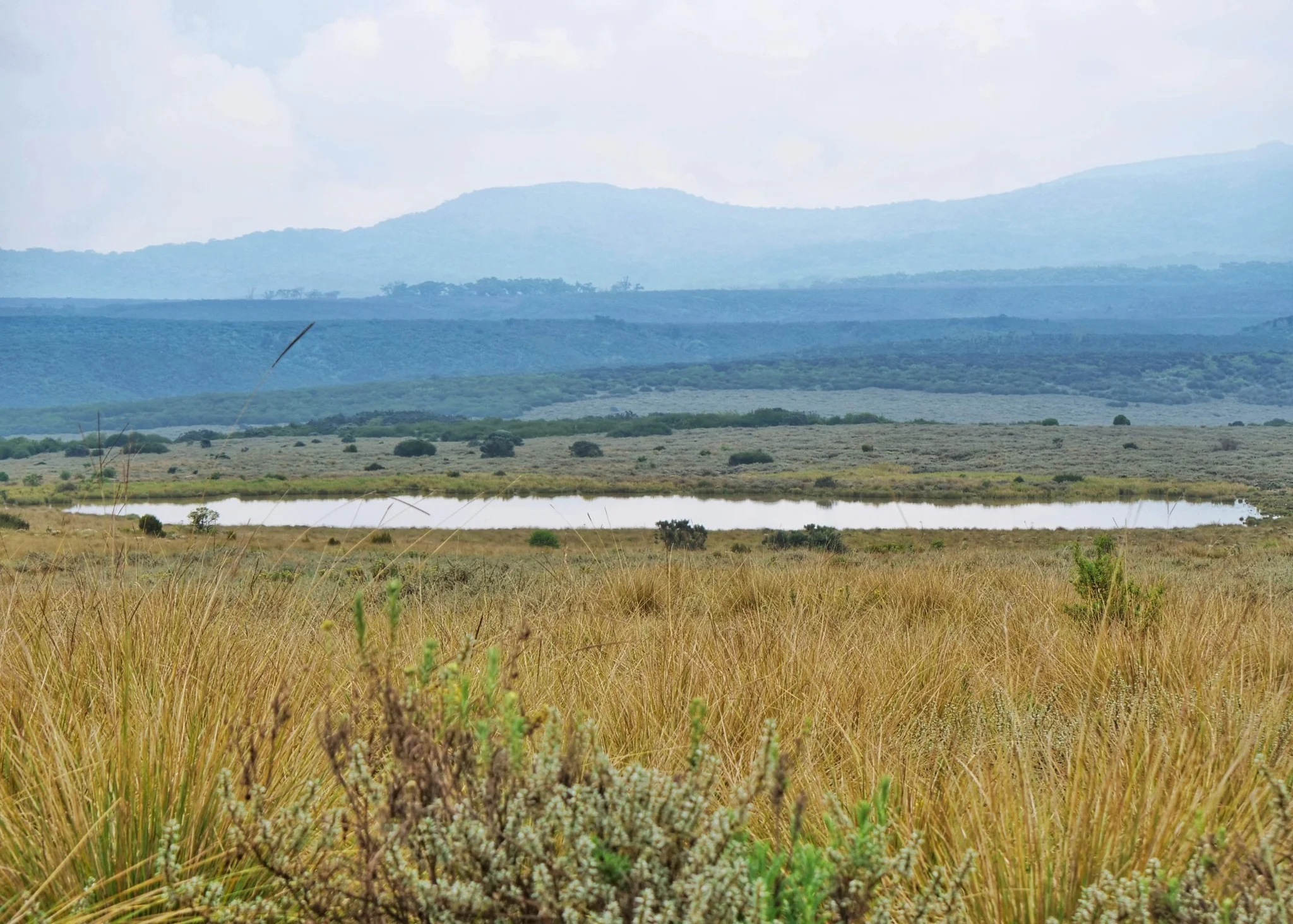
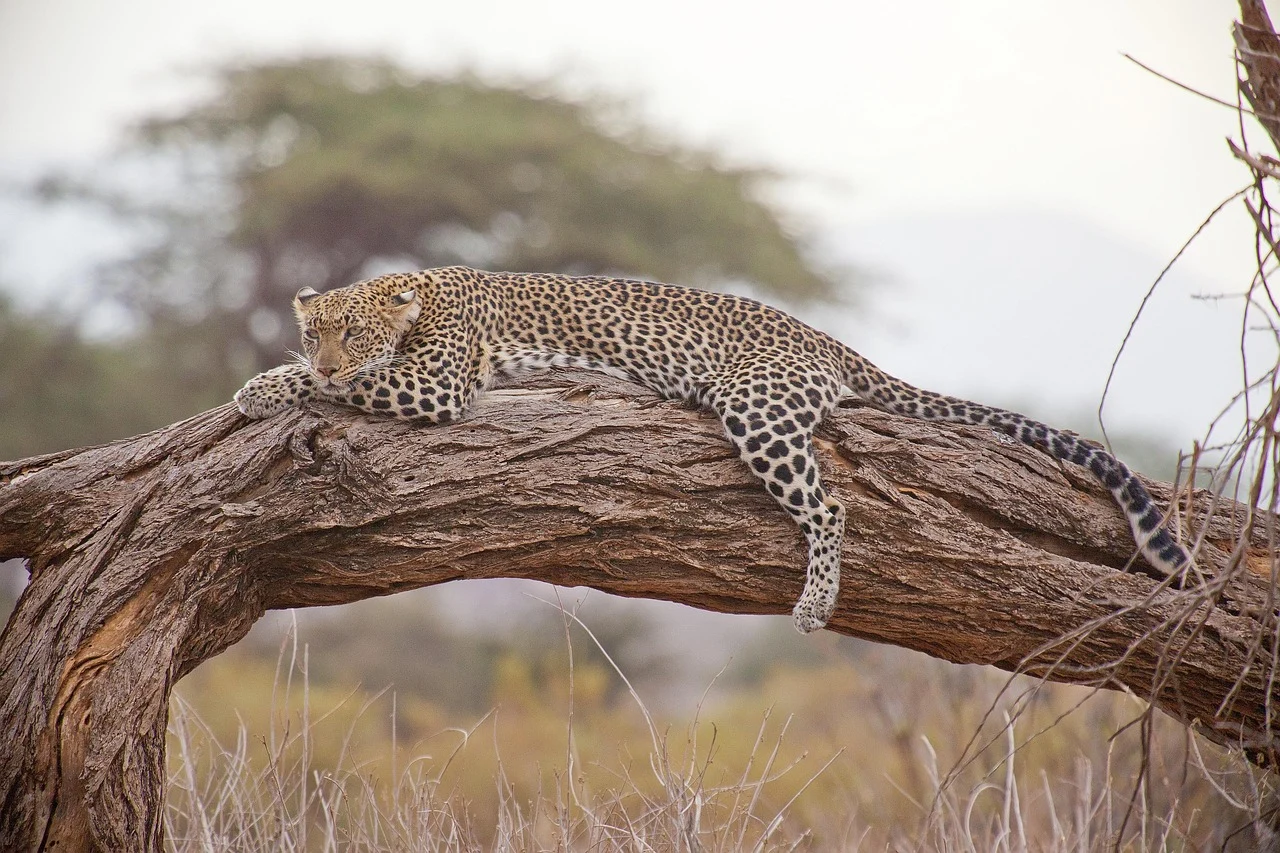
Leave a Reply